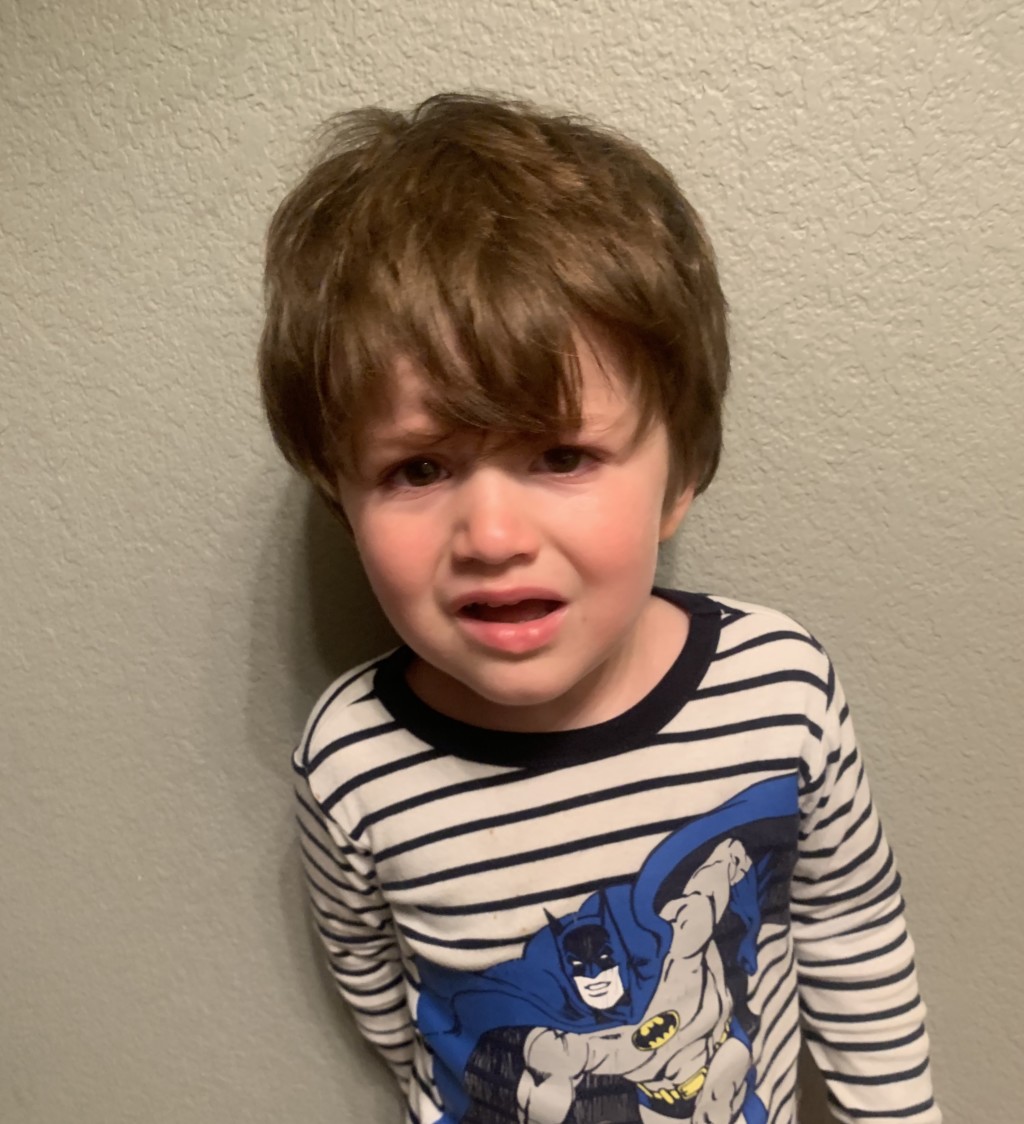Why is my 3 year old so whiny?

That magical age between three and four years old, when they’re not a toddler but not yet an independent kiddo—you know what I’m talking about. Their voices are almost different. As we neared three, my daughter developed “perma-whine” as we started calling it. My little grump-imal whined so much those first few weeks of three, her grandmother thought that was just the way she talked. It is not. Trust me.
It got so bad, I brought this up at her three year wellness check with her pediatrician, who gave me some tools; additionally, I’ve found some on my own. If you can relate, please read along and share with another parent whose ears might need a break.
How to Deal with Whining
- “Big Kid Voice” This one is still hard for me but it is probably the smartest and most obvious. Stop speaking to the child until they use their “big girl” (or boy) voice. In doing so, it changes the behavior over time. While it sounds easy, it is not. I am used to the path of least resistance especially when we are on the go or having a particularly emotional day, so this is still a work in progress.
- Have a space in the home that is a safe spot to experience emotions. This is NOT time out. This is a “nest” as my kiddos call it to go to when they need a minute. It can be in their room, in the kitchen nook, or maybe even on their favorite couch or chair. We all need releases of emotions and sometimes we need a safe space to feel them. We are all human and the tiny ones experience emotions bigger than themselves from time to time.
- Reward for using big girl (or boy) voice. Sometimes my daughter will talk in the girliest, highest squeaky tone. It comes out when she’s really elated about a new toy, one of her hobbies like gymnastics or most recently splashing in the pool. If you can remember, reward the child for using their voice. Positive reinforcement always wins.
- HUG IT OUT. Notice when emotions are bubbling out of your child. There might not even be a reason. It could be the weather, an annoying stuffy nose, or lack of sleep. Whatever the reason, ask her if she simply needs a hug. A lot of times this nips whining in the bud almost immediately. At three, they don’t know they need human touch and connection from the person they love the most.
- Reward chart. My daughter stopped whining so much when she had more tasks to do around the house. I wouldn’t necessarily call them chores, but more so activities that keep her feeling valued. She fills up the dog’s food bowls, has a potty chart for nighttime, waters flowers, etc. Tasks that can redirect her at those peak whiny moments usually will work to stop the whine and move on from that emotion.
- Check your emotions at the door, mama. Monkey see, monkey do. Notice your reactions and how you may or may not be setting the example when it comes to your little whiner’s emotions. Check out what fellow CCMB writer, Katie Wells, noticed when her kiddos started to whine about EVERYTHING! Kick the habit for you and for your little one.
Does your child whine? How old are they and how do you cope with a particularly whiny child?













